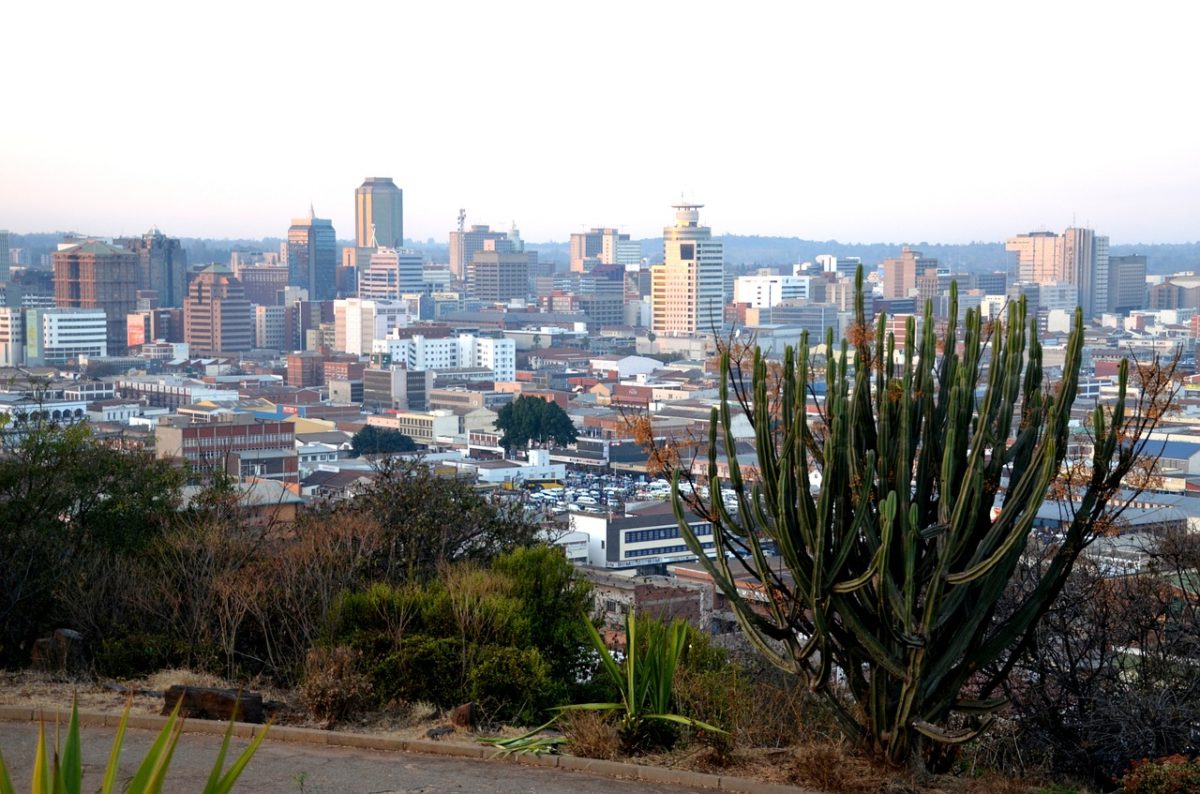- Featured real estate agent: Guest & Tanner Real Estate
- Featured hotel: We don't have one. Suggest one.
- Featured immigration attorney: Tafadzwa William Marume
- Featured tour guide: We don't have one. Suggest one.
From petty theft to violent crime, here's what nine local experts had to say about safety and crime in Harare.
